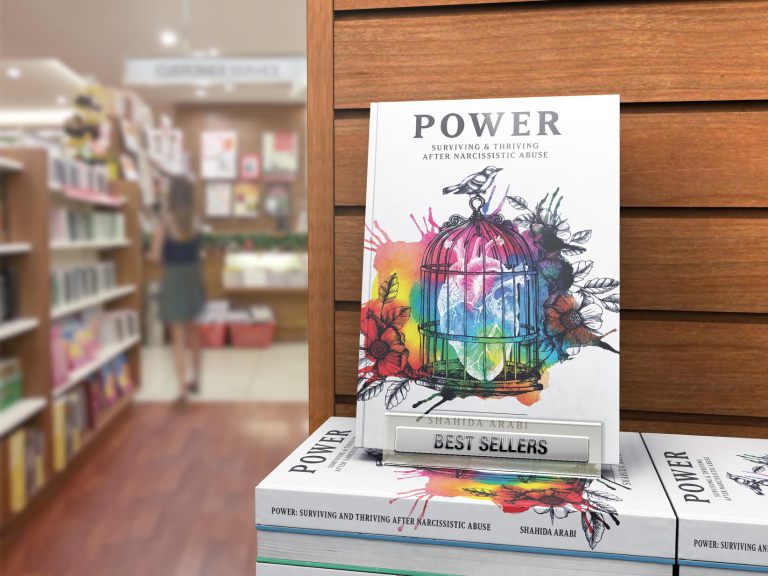On the No Contact journey from a narcissistic abuser, our victories should be celebrated. Whether we’ve remained no contact with our former partner for thirty days or an entire year, however, there is that familiar longing that creeps up from time to time. It is irrational and destructive, but it is sometimes inevitable.
Remember that your addiction to the narcissist is forged early on in the infancy of the relationship. Love-bombing causes us to cradle the hope of a bright future together. Sweeping, romantic gestures, laser-focused attention, and epic dates are all set-ups for intermittent reinforcement of positive behavior that give us some reprieve from the periodic abuse they subject us to. They create and cement the memories of a lifetime – and they create a strong trauma bond in which the abuser and victim are bonded through shared intense emotional experiences.
Like any human being, we are susceptible to the idealization phase of the toxic cycle because it represents the fulfillment of our basic human needs: love, belonging, kinship. We want so desperately to have a return on our investment. We have very “human” feelings for our abuser despite it all: we crave their affection, their acceptance, their approval. We are trained to seek their validation. We are hooked on the drug that is their abuse.
When the end of the toxic relationship finally arrives, whether it be imposed by us or the narcissist, grieving has its place too. If our grief is not addressed, it will get lodged in our brains, our hearts, and our spirits as nostalgia for a man or woman that never existed. The tears you cry may not be for the person you thought you knew, but for the façade – the person who pretended to care. But that doesn’t make the pain any less real.
It hurts to erase the people we spent a significant amount of time with – loving, creating memories, attempting to connect. It hurts to be erased without a second thought. It hurts to remember any “good times,” knowing they probably did not mean as much to the narcissist. This is normal and this is human.
But there is a difference between validating our emotions and using them as justifications to continue the cycle.
You can grieve. You can rage (safely). You can miss the person you thought you knew. You can feel like it’s the end of the world.
But you can also give yourself permission to know that it isn’t. This isn’t the end of the world – this is the beginning of a new life. So when you get that irresistible craving in your chest – the one that nudges you to check up on what they’re doing, reach out or respond to a recent attempt at contact, stop.
Breathe. You do not miss the narcissist’s true self. You miss their false mask.
Ask yourself: which moments am I romanticizing? Which moments am I forgetting? I’ll bet that if you look closely, you won’t just remember those romantic trips and dates, but also the crazymaking arguments preceding them. If you reevaluate all those times they bought you flowers and gifts, you’ll also remember the countless times you cried yourself to sleep, trying to get them to understand your point of view.
You’ll remember each time they sabotaged you, isolated you, betrayed you. You’ll remember all the times they called you names, disrespected you, made you feel small and ashamed about the things you were supposed to be proud of. You’ll remember how they cut away pieces of your identity, bit by bit. You’ll remember how they taunted and belittled you. All those times they wiped away your tears? They were the cause of them. Each time you thought they were going back to the man or woman they pretended to be? They reminded you of how they would never change.
Remember. Remember what they did. How they made you feel all the times they weren’t giving you fake apologies and crocodile tears. Remember how they almost drove you to the point of no return. Remember how they treated you like dirt on the bottom of their shoe. Remember how they tried to rob you of your self-esteem. Remember how they acted like you weren’t enough – even when you always deserved better than the way they treated you.
Narcissists have little to no remorse or empathy. They don’t feel to the extent that we feel. The fact that we feel so deeply for these twisted individuals is evidence that we can one day feel that way for someone actually worthy of our love and attention.
Don’t give up hope just yet. Even by just not having the narcissist in your life, you’re opening up a new pathway. A pathway for healing. For victory. For miracles. For light. For true love and self-love to enter.
Whenever you’re tempted to re-engage in the toxicity and break No Contact, I want you to read this. I want you to remember how far you’ve come. Remember your sense of self-worth – and never forget all the ways they tried to take it from you.








